文章讨论了在Workday诉讼中,代理法的相关法律问题。原告声称,Workday的AI筛选工具因种族、年龄和残疾而对他进行了歧视。这起案件提出了HR技术供应商是否可以对歧视性结果直接负责的问题。法律的复杂性包括AI在招聘决策中的角色、代理责任以及对雇主和AI开发者的潜在影响。此案件提醒雇主在实施AI招聘工具时要谨慎,并确保避免法律风险。AI开发者也必须确保其产品无歧视行为,因为该诉讼可能会树立重要的法律先例。
Editor's Note
Agency Law and the Workday Lawsuit
Agency law is so old that it used to be called master and servant law. (That's different from slavery, where human beings were considered the legal property of other humans based on their race, gender, and age, which is partly why we have discrimination laws.)
Today, agency laws refer to principals and agents. All employees are agents of their employer, who is the principal. And employers can have nonemployee agents too when they hire someone to do things on their behalf. Generally, agents owe principals a fiduciary duty to act in the principal's best interest, even when that isn't the agent's best interest.
Agency laws gets tricky fast because you have to figure out who is in charge, what authority was granted, whether the person acting was inside or outside that authority, what duty applies, and who should be held responsible as a matter of fairness and public policy.
Generally, the principal is liable for the acts of the agent, sometimes even when the agent acts outside their authority. And agents acting within their authority are rarely liable for their actions unless it also involves intentional wrongs, like punching someone in the nose.
Enter discrimination, which is generally a creature of statute that may or may not be consistent with general agency law even when the words used are exactly the same.
Discrimination is generally an intentional wrong, but employees are not usually directly liable for discrimination because making employment decisions is part of the way employment works and the employer is always liable for those decisions.
The big exception is harassment because harassment, particularly sexual harassment, is never part of someone's job duties. So in harassment cases, the individual harasser is liable but the employer may not be unless they knew what was going on and didn't do anything about it.
It's confusing and makes your head hurt. And that's just federal discrimination law. Other employment laws, both state and federal, deal with agent liability differently.
Now, let's move to the Workday lawsuit. In that case, the plaintiff is claiming that Workday was an agent of the employer, but not in the sense of someone the employer was directing. They are claiming that Workday has independent liability as an employer too because they were acting like an employer in screening and rejecting applicants for the employer.
But that's kinda the whole point of HR Technology—to save the employer time and resources by doing some of the work. The software doesn't replace the employer's decision making and the employer is going to be liable for any discrimination regardless of whether and how the employer used their software.
If this were a products liability case, the answer would turn on how the product was designed to be used and how the employer used it. But this is an employment law and discrimination case. So, the legal question here is whether a company that makes HR Technology can
also be directly liable for discriminatory outcomes when the employer uses that technology.
We don't have an answer to that yet and won't for a while. That's because this case is just at the pleading stage and hasn't been decided based on the evidence. What's happened so far is Workday filed a motion to dismiss based on the allegations in the complaint. Basically, Workday said, "Hey, we're just a software company. We don't make employment decisions; the employer does. It's the employer who is responsible for using our software in a way that doesn't discriminate. So, please let us out of the case. Then the plaintiff and EEOC said it's too soon to decide that. If all of the allegations in the lawsuit are considered true, then the plaintiff has made viable legal claims against Workday.
Those claims are that Workday's screening function acts like the employer in evaluating applications and rejecting or accepting them for the next level of review. This is similar to what third party recruiters and other employment agencies do and those folks are generally liable for those decisions under discrimination law. In addition, Workday could even be an agent of the employer if the employer has directly delegated that screening function to the software.
We're not to the question of whether a software company is really an agent of the employer or is even acting like an employment agency. And even if it is, whether it's the kind of agency that has direct liability or whether it's just the employer who ends up liable. This will all depend on statutory definitions and actual evidence about how the software is designed, how it works, and how the employer used it.
We also aren't at the point where we look at the contracts between the employer and Workday, how liability is allocated, whether there are indemnity clauses, and whether these type of contractual defenses even apply if Workday meets the statutory definition of an employer or agent who can be liable under Title VII.
Causation will also be a big issue because how the employer sets up the software, it's level of supervision of what happens with the software, and what's really going on in the screening process will all be extremely important.
The only thing that's been decided so far is that the plaintiff filed a viable claim against Workday and the lawsuit can proceed. Here are the details of the case and some good general advice for employers using HR Technology in any employment decision making process.
- Heather Bussing
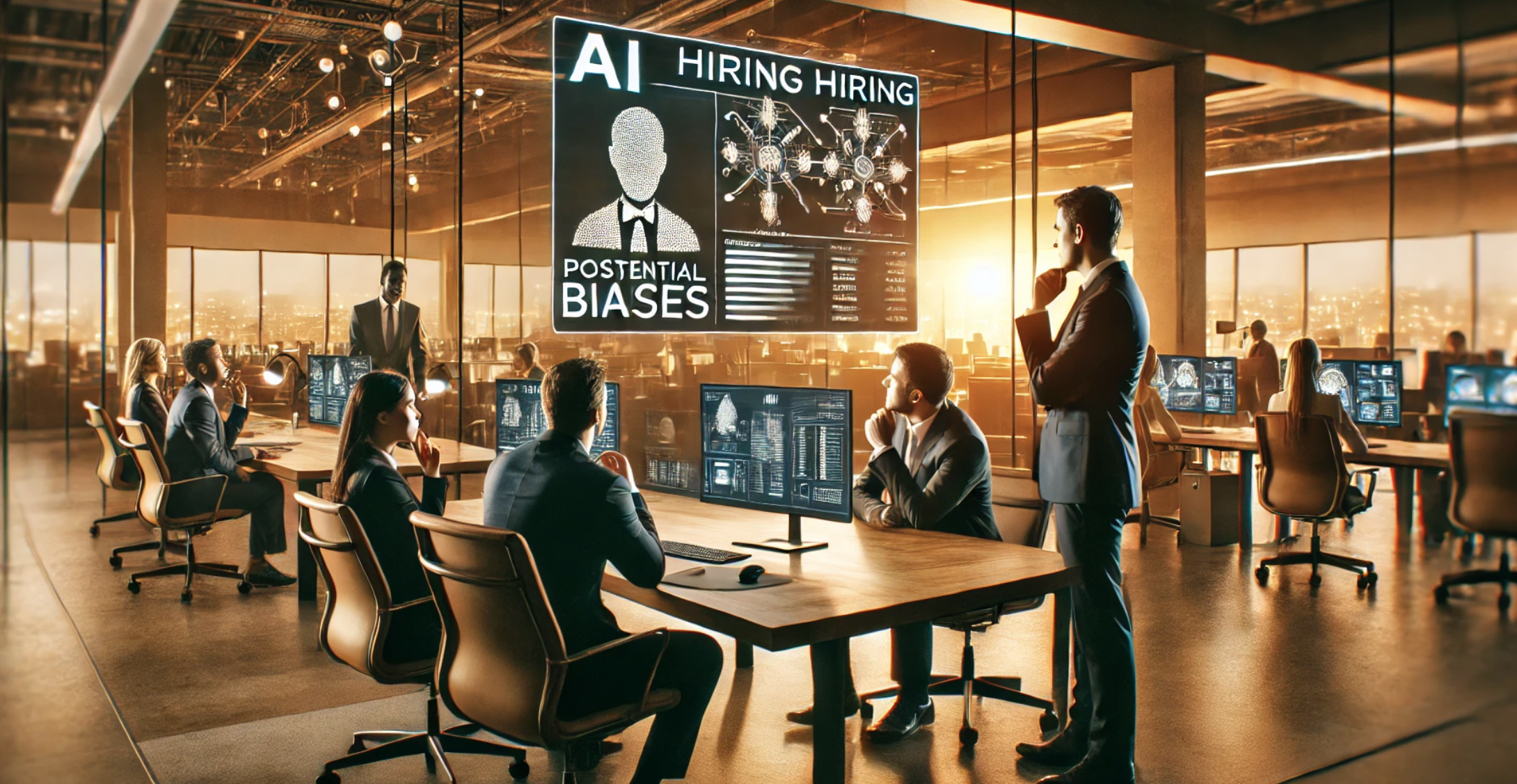
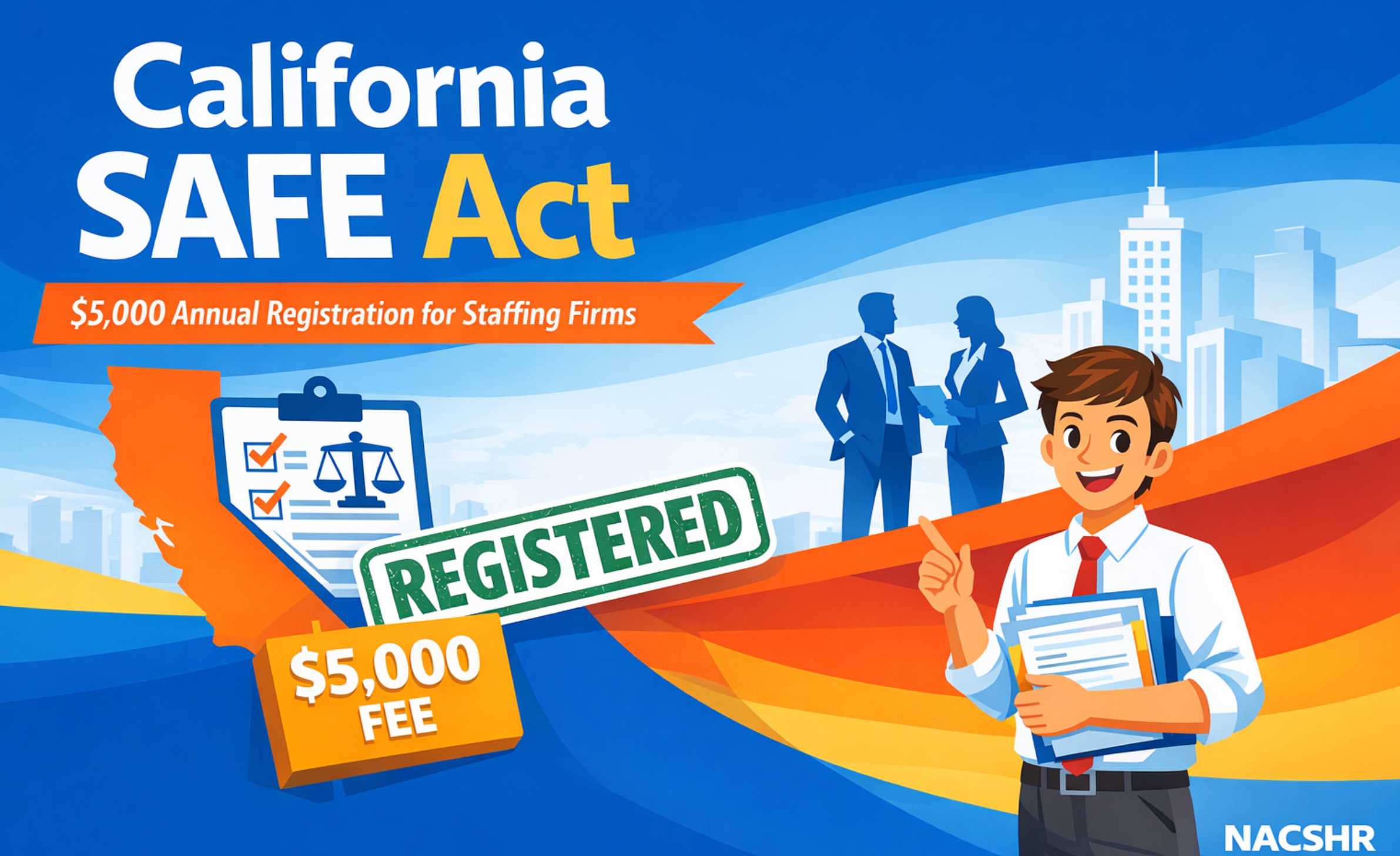

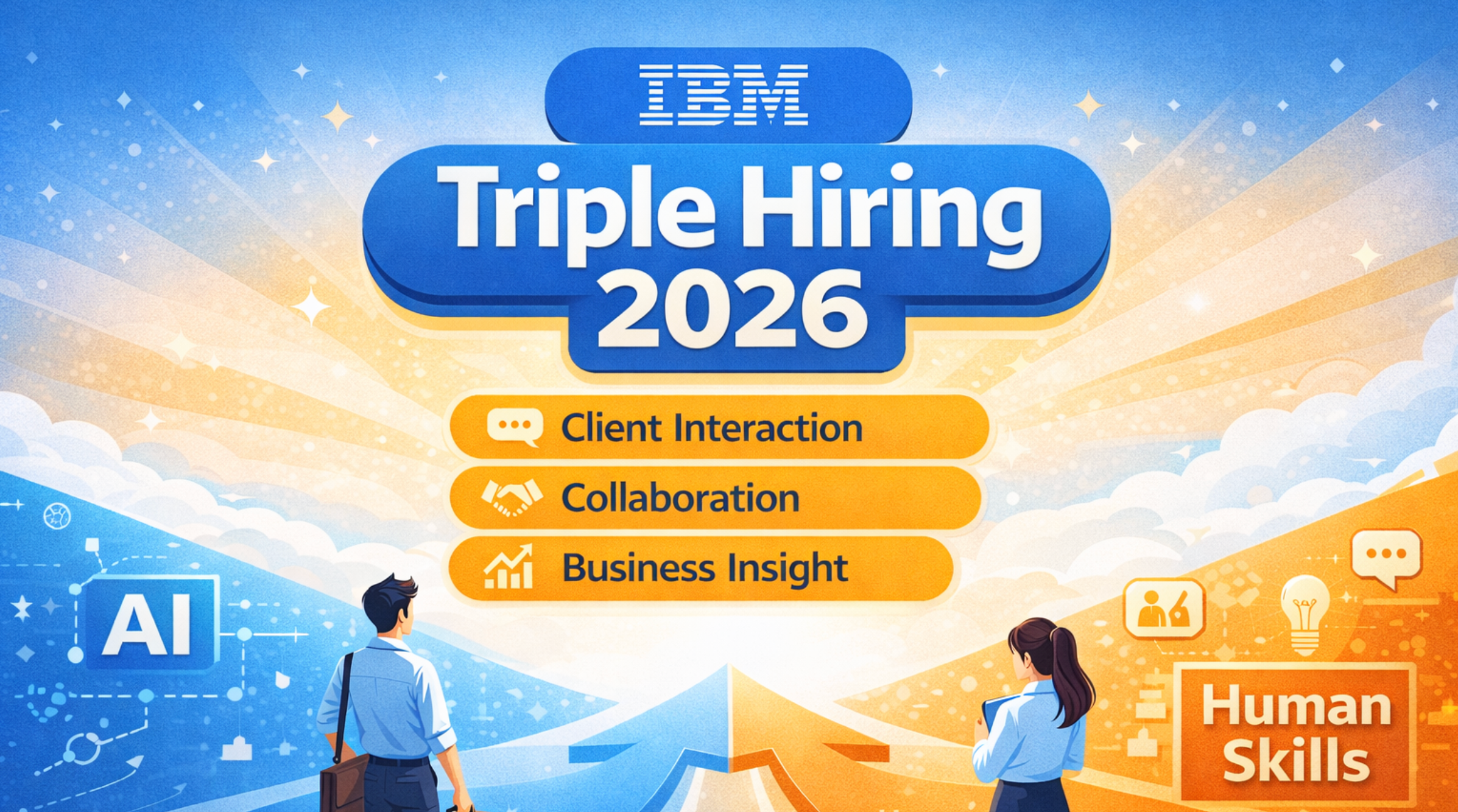
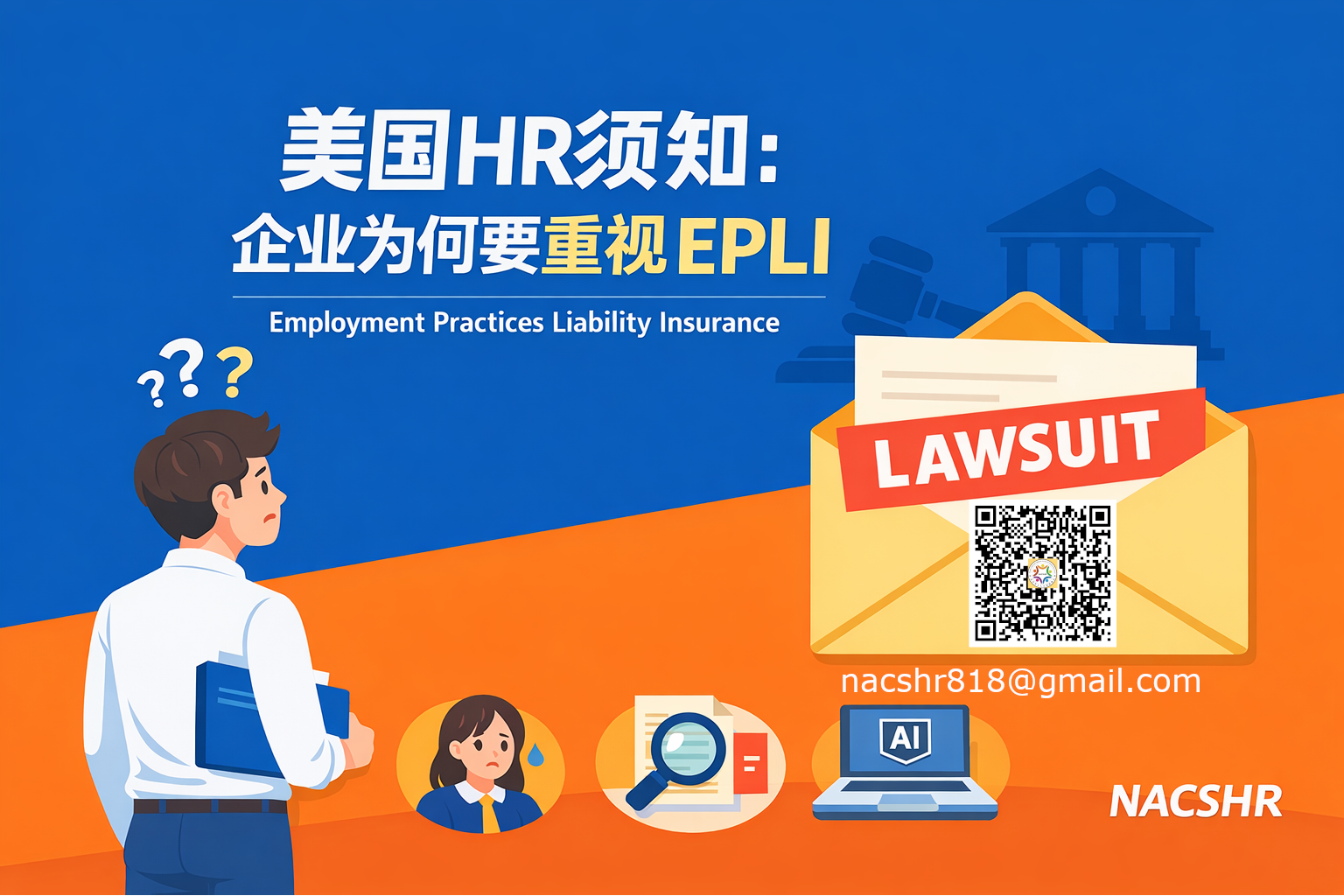
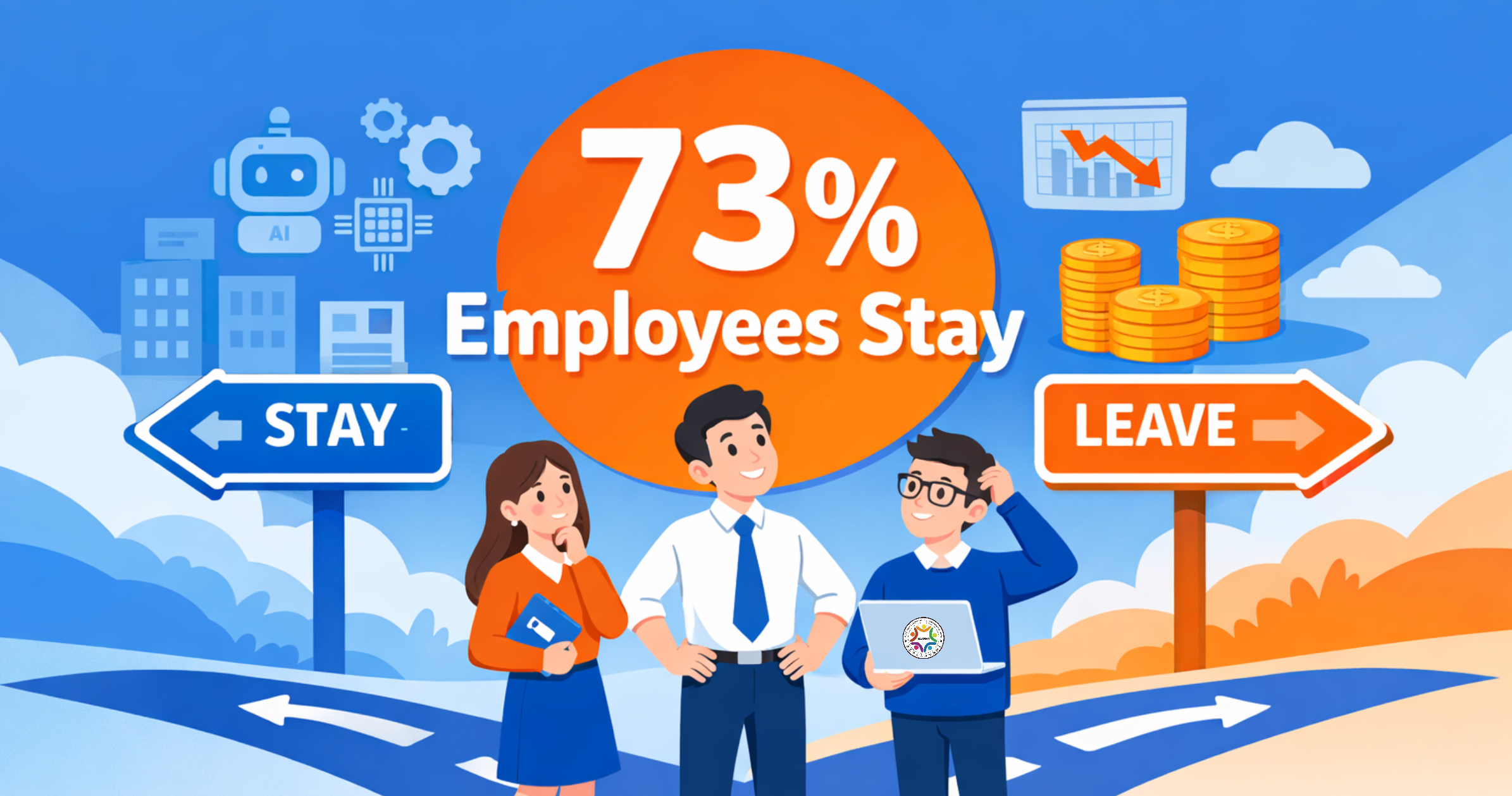
 扫一扫
添加客服
扫一扫
添加客服




